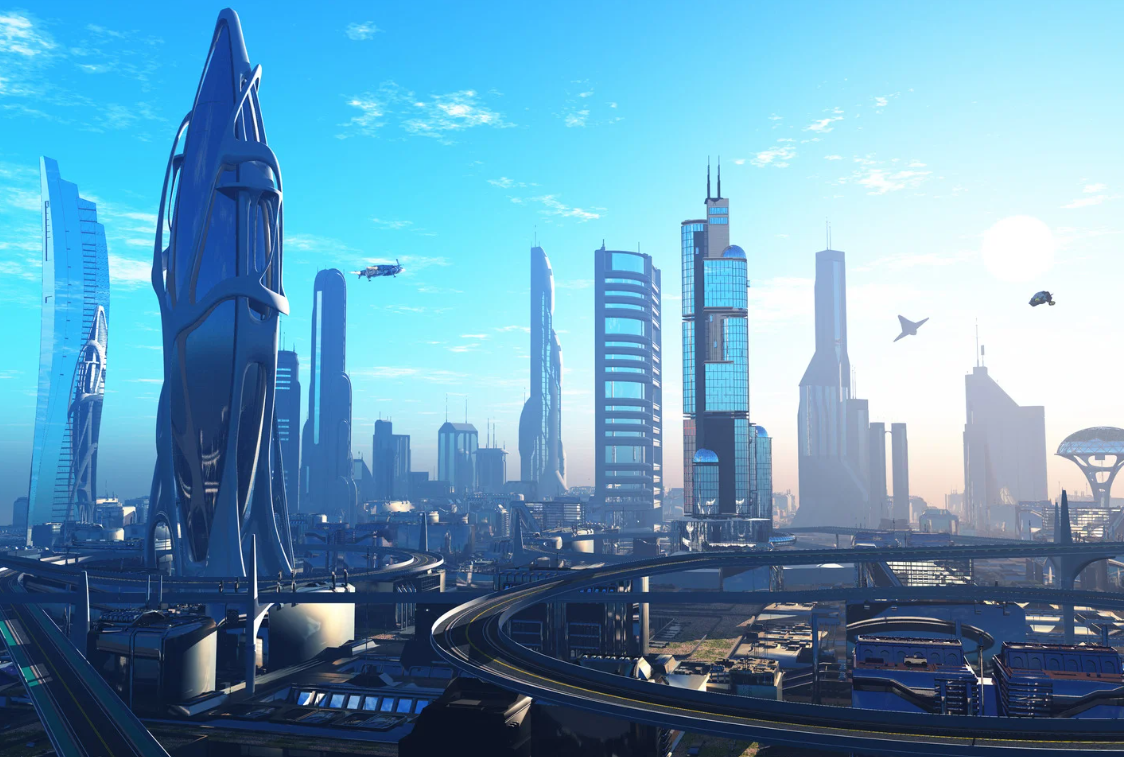Artificial Intelligence (AI) has become a transformative force in various industries, and the home construction business is no exception. As technology continues to advance, construction companies are embracing AI-powered tools and solutions to revolutionize the way they plan, design, and construct homes. From streamlining processes to improving safety and sustainability, the impact of AI on the home construction business is profound.
Enhanced Project Planning and Design
AI technologies have significantly improved project planning and design in the home construction industry. With AI algorithms analyzing vast amounts of data, architects and engineers can create more accurate and efficient designs. AI-driven software can identify potential flaws or inefficiencies in building plans, ensuring that projects are well-optimized before construction begins. Additionally, AI-generated 3D models and simulations enable clients to visualize their future homes in great detail, leading to better-informed decision-making and reduced project risks.
Optimized Resource Management
AI plays a crucial role in optimizing resource management during the construction process. AI-powered systems can predict material requirements based on project specifications and historical data, minimizing wastage and cutting costs. Construction companies can also use AI to manage equipment and labor allocation more effectively, ensuring that the right resources are available at the right time. This optimization leads to increased productivity and shorter project timelines, translating to higher profitability for construction businesses.
Improved Safety Measures
Safety is a top priority in the construction industry, and AI has introduced groundbreaking improvements in this area. AI-enabled sensors and wearables can monitor workers' movements and environmental conditions on construction sites in real-time. By analyzing this data, AI can identify potential safety hazards and alert workers and supervisors to take preventive actions. Moreover, AI-powered drones and robots can be deployed for high-risk tasks, reducing the exposure of human workers to dangerous situations. As a result, the integration of AI enhances overall safety standards and reduces the number of workplace accidents.
Advancements in Modular Construction
Modular construction, where building components are manufactured off-site and assembled on-site, is gaining popularity due to its cost and time efficiency. AI has further improved the modular construction process. AI algorithms can assist in designing modular components that are better suited for assembly and transportation, minimizing waste and optimizing logistics. Furthermore, AI-driven quality control systems ensure that prefabricated elements meet the required standards before they are transported to the construction site. The integration of AI in modular construction is revolutionizing the industry, making it a more viable and sustainable alternative to traditional building methods.
Energy Efficiency and Sustainability
Sustainability is becoming a critical consideration in modern home construction, and AI is playing a pivotal role in enhancing energy efficiency. AI-powered building management systems can monitor and control energy usage, optimizing heating, cooling, and lighting to minimize waste. Additionally, AI algorithms can analyze data from various sensors to identify areas for improvement in a building's energy consumption. By making homes more energy-efficient, construction companies can contribute to reducing carbon footprints and creating environmentally responsible living spaces.
Personalized Home Automation
AI-driven home automation is revolutionizing the way homeowners interact with their living spaces. From voice-activated smart assistants to predictive climate control systems, AI-powered home automation is becoming increasingly sophisticated. Construction companies are integrating smart technologies into homes during the construction phase, allowing residents to control various aspects of their homes seamlessly. This personalization not only enhances comfort and convenience but also adds value to properties in the real estate market.
AI is reshaping the home construction business in numerous ways. From optimized project planning and resource management to improved safety measures and sustainable construction practices, AI technologies are enhancing efficiency and effectiveness in the industry. Embracing AI in home construction not only benefits construction companies by reducing costs and increasing productivity but also provides homeowners with safer, more energy-efficient, and technologically advanced living spaces. As AI continues to evolve, its impact on the home construction business is only expected to grow, leading to a more innovative and sustainable future for the industry.





